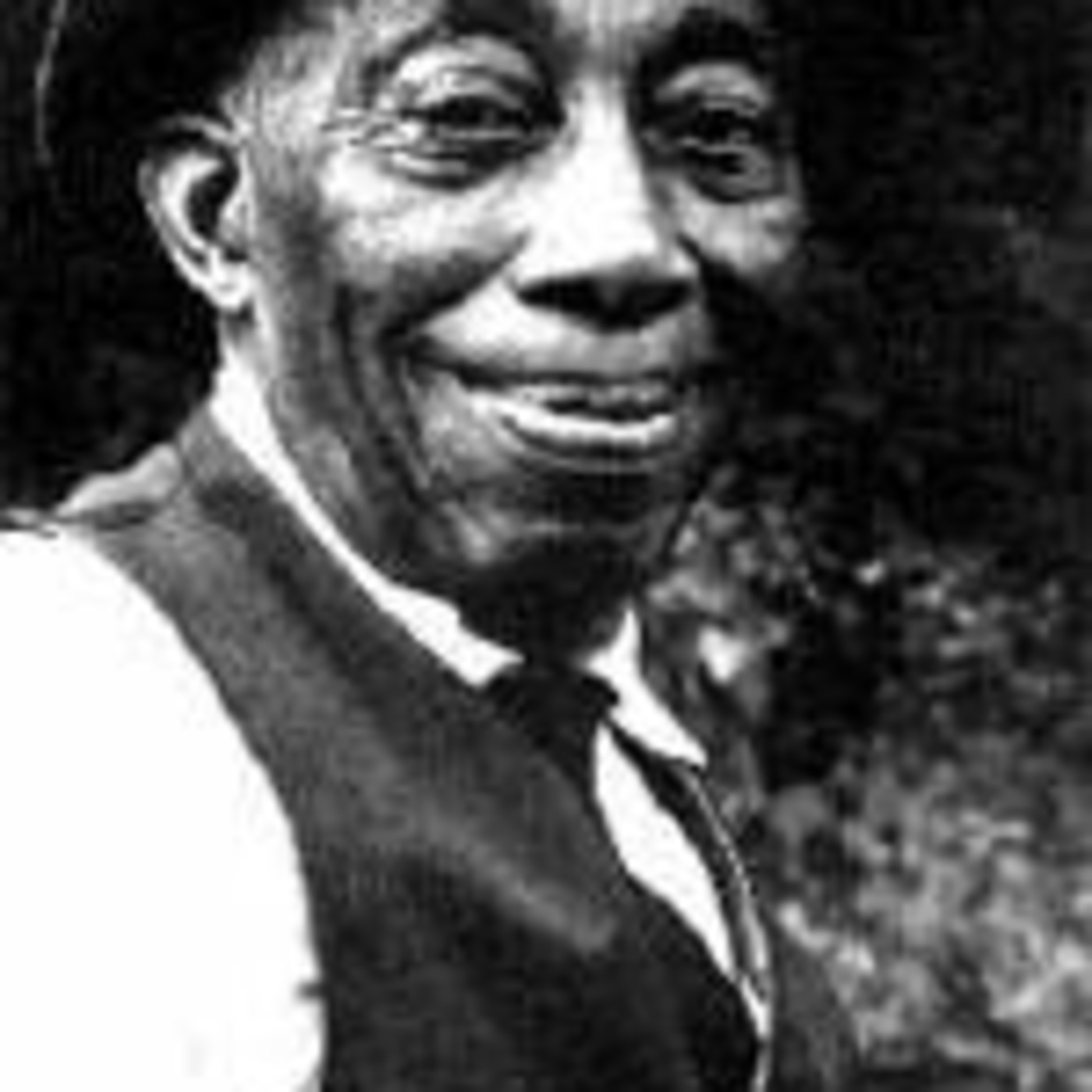Mississippi John Hurt - Frankie

b'Mississippi John Hurt\\n1892 - 1966\\n\\n\\nMississippi John Hurt\'s father was Isom and his mother Mary Jan McCain. He was born in Teoc, MS on July 3, 1892 in the hill country not far from the tiny town of Avalon whose population was not even one hundred. He was one of three children who at the age of nine, began to teach himself how to play the guitar when his Mother had bought him his first, "Black Annie." She paid $1.50 for it. Hurt had soon developed a style like no other artist of his time or from the area\\n\\nHurt was originally discovered in 1928 by Okeh recording director Tommy Rockwell when he had heard about John Hurt from two white country musicians he had recorded in the area, guitar player Shell Smith and fiddler Willie Narmour. After recording Narmour, Rockwell quickly auditioned Hurt. Hurt, who again had rarely left the Avalon area soon traveled to Memphis, TN where he recorded eight titles. It was at this time that "Frankie" and "Nobody\'s Dirty Business" were released. Hurt remembered being very nervous and completely out of his element as the producer made him sit up straight and still in front of the microphone, practically frozen as he sang. His poor neck ached for days on end afterwards. He also recalled being seated outside the recording studio with whom would become legends themselves, Lonnie Johnson, Blind Lemon Jefferson, and Bessie Smith. Each of them would occasionally get up to sneak a peek at what was happening on the other side of the glass before they were unceremoniously brandished away and back to their seats. These first recordings made Hurt a staggering $240.00 and all of his expenses were paid for. Both "Frankie" and "Nobody\'s Dirty Business" sold very well and Hurt found himself traveling to New York City to once again record for Okeh. Just before Christmas of 1928, Hurt recorded legendary tracks like "Spike Driver Blues," "Stack O\' Lee," "Avalon Blues" and "Louis Collins." "Louis Collins" was a ballad written about the murder of the man named in the title. Hurt had opined that Collins was a good and decent man who had been killed by two thugs named Bob and Louis. He had heard of the story and known just enough about the events to turn them into a complexity of peaceful weariness and prophetic magic.'